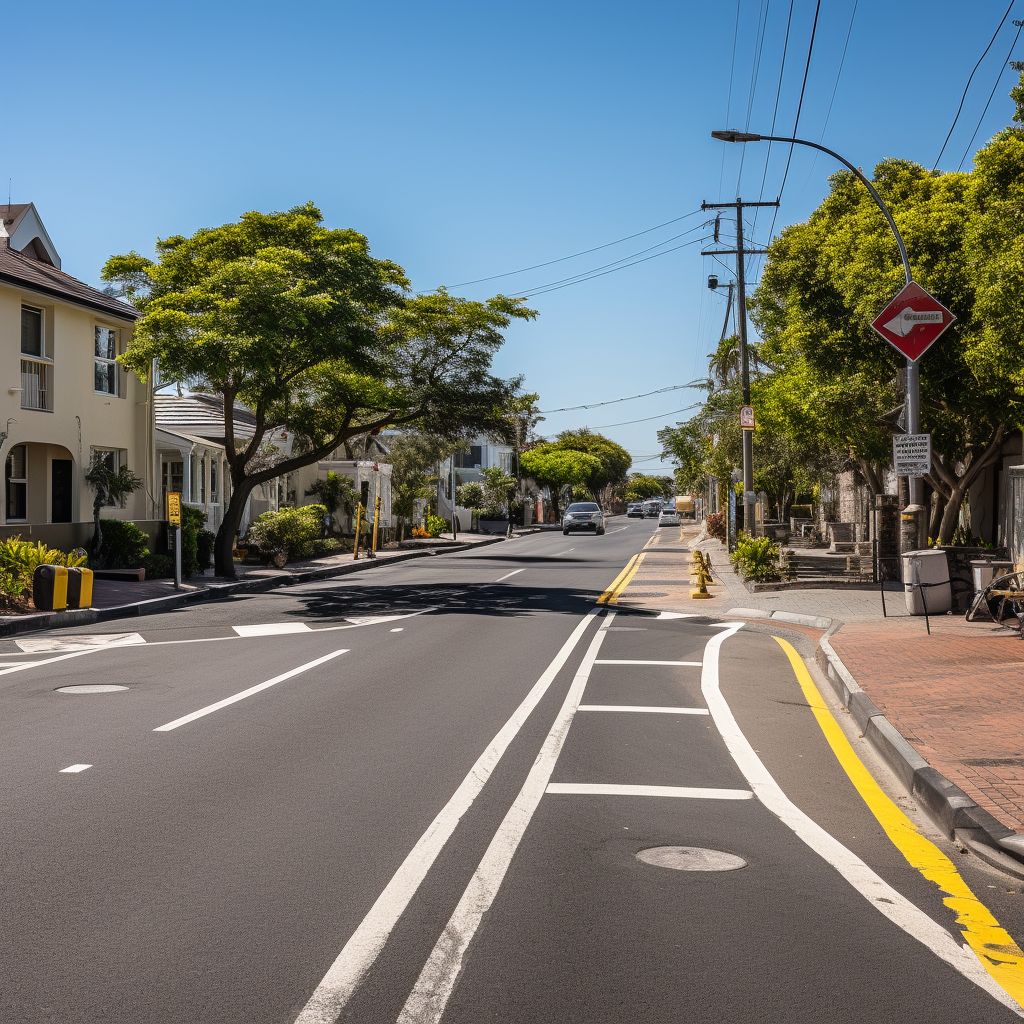On July 6, 2023, General Fannie Masemola, the National Commissioner of the South African Police Service (SAPS), addressed the nation from Vanderbijlpark Police Station in Vaal. He provided an update on key policing matters and highlighted the successes achieved by SAPS nationwide high-density operations.
The Importance of Nationwide High-Density Operations
General Masemola emphasized the importance of SAPS’ nationwide high-density operations in mitigating crime and fostering a secure environment for the nation. Such operations have facilitated a more accessible and efficient law enforcement system for the citizens of South Africa.
The Successes Achieved under Operation Shanela
Operation Shanela was launched to combat crime and ensure public safety, and General Masemola praised the remarkable successes achieved under this initiative. By employing intelligence-driven and high-visibility policing efforts, SAPS has taken notable strides in the fight against crime.
The Role of Collaboration and Partnerships
The National Commissioner stressed the critical role played by collaboration and partnerships in achieving these successes. Through cooperative efforts with various stakeholders, including community members, non-governmental organizations, and the private sector, SAPS has created a more robust and effective law enforcement framework.
Notable Achievements
General Masemola shared several accounts of the notable achievements under Operation Shanela. The strategic deployment of resources and swift action taken by law enforcement officers under Operation Shanela led to a remarkable decrease in violent crimes such as murder, attempted murder, and aggravated robbery. The operation also dismantled criminal networks and brought several high-profile criminals to justice.
Technological Advancements
The integration of cutting-edge technology, such as sophisticated surveillance systems and data analytics tools, has significantly improved the capabilities of the South African Police Service. This has bolstered their efforts in the fight against crime and contributed to the successes witnessed under Operation Shanela.
A Renewed Sense of Optimism
The National Commissioner’s address left a lasting impact on the audience, instilling a renewed sense of optimism and confidence in the capabilities of SAPS. As the future unfolds, one can only expect that the South African Police Service will continue to build on the successes achieved thus far under the leadership of General Fannie Masemola and with the support of collaborative partnerships.








